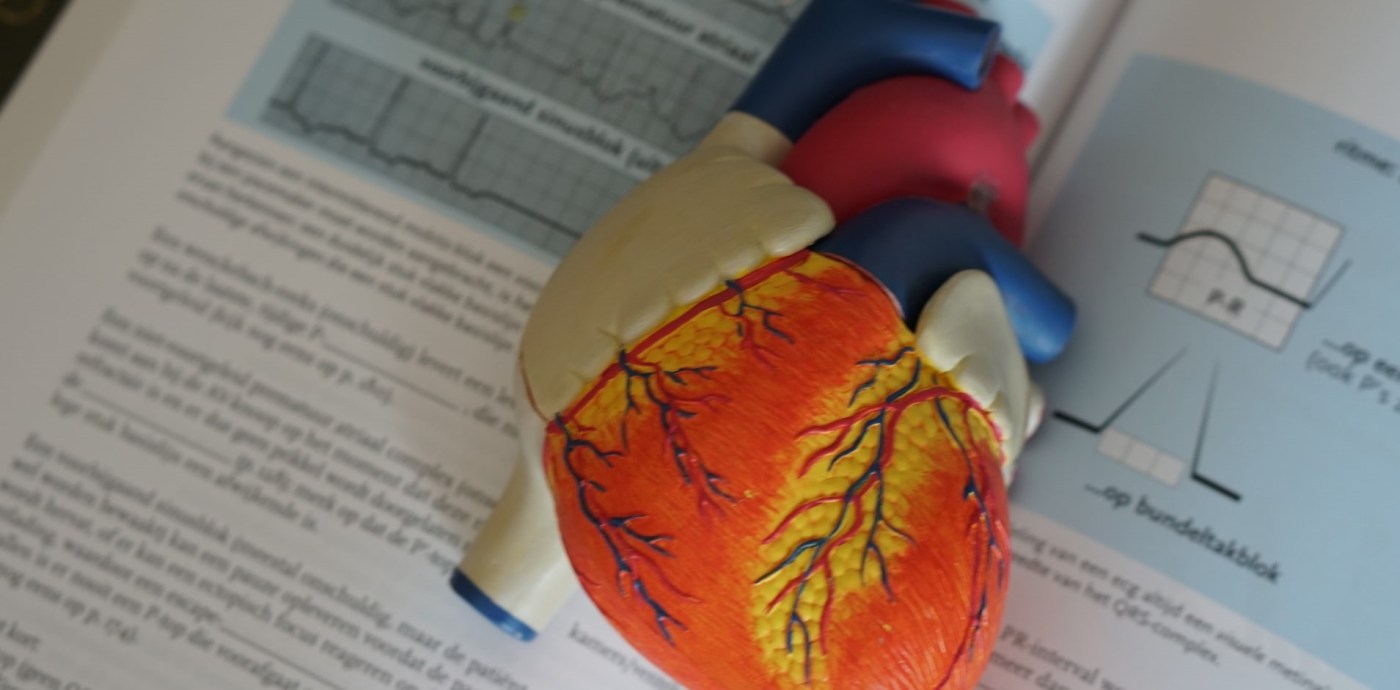Each year, 290,000 adults experience an in-hospital Cardiac Arrest, more commonly known as a heart attack. One would think a hospital is the best place to suffer a heart attack, but too often poor CPR responses lead to serious issues and even death. That’s why SimLEARN’s Resuscitation Education and Innovation (REdI) program began the Resuscitation Simulation System Testing initiative (RSST).
RSST was established in 2012 to help combat needless cardiac arrest deaths by providing consultative evaluation for hospital staff who are often thrust into “Code Blue” situations in dire circumstances. The program helps facilities in two ways: evaluation and recommendations. RSST teams first collaborate with a site by collecting data and engaging leadership through a variety of tools and processes while on site to implement RSST. Once done, a facility’s resuscitation strengths and weaknesses can be better understood leading to a training and simulation plan uniquely fitted to each facility.
In 2019, the RSST team worked alongside the Northern Indiana Health Care System (NIHCS) in Indiana at the request of the facility’s leadership. After the initial evaluation process, the facility discovered they had a poor resuscitation culture with confusing policy and procedures, inconsistent emergency responses, poor communication and equipment needs. The RSST team and NIHCS trainers got to work, implementing training efforts like simulated resuscitation and in-person courses.
“Not only do these simulations give staff hands on experience with life threatening cardiac arrest situations, but based on the observations and recommendations from them, we were able to create an action plan to drive performance improvement initiatives tailored for us,” said Stacy Prosser, simulation training specialist at NIHCS.
The HCS saw an immediate increase in survival from Veterans who suffered a cardiac arrest and a reduction in the use of Code Blue activations. In 2017, the facility had 56 code blue activations, and by 2020 that number had been reduced to 15 thanks to RSST. Staff were able to identify an emergency and get the right resources to the patient, intervening quickly to prevent or manage an emergency. In 2020, the survival rate for a cardiac/respiratory arrest was 71 percent.
“As a learning organization, dedicated to its commitment in high reliability, RSST allows us to identify possible vulnerabilities in the medical emergency process and identify solutions to improve the delivery of care to our Veterans,” said Lisa Baker, VHA national program director REdI. “This work is groundbreaking, with other health care organizations wanting to learn how VA is leading the way in resuscitation efforts.”
International Cardiac Arrest Survival Summit
With COVID-19, RSST training was put on hold, but the future looks bright: REdI looks to see the impact of RSST return at the VAMC this year. REdI’s work spreading RSST is not stopping either. RSST was present at the the International Cardiac Arrest Survival Summit where it was highly praised. More importantly, the initiative is impacting more Veteran lives than ever. Over the coming year, RSST will continue to partner with facilities with the shared mission of keeping the patient at the center of all we do.
Topics in this story
Link Disclaimer
This page includes links to other websites outside our control and jurisdiction. VA is not responsible for the privacy practices or the content of non-VA Web sites. We encourage you to review the privacy policy or terms and conditions of those sites to fully understand what information is collected and how it is used.
More Stories
Veteran Byron Potier weighed almost 300 pounds and was tired and lethargic. He was the perfect candidate for gastric sleeve surgery.
How much do you know about VA care, benefits and services? Don’t miss out on what you've earned—check out the "2025 VA Federal Benefits Guide for Veterans, Dependents, Survivors, and Caregivers" handbook to learn more.
Feeling stressed? Your breath can help you relax and focus. Take 3 minutes to reset and prioritize your well being for this week's #LiveWholeHealth practice.







I think this is an excellent program and it’s great to see people dedication to help us veterans live longer, even though we are 80 and 90 years old. The reason we came to the VA hospital in the first place was because we still had a desire to live. Thank you for undergoing all necessary training to help us and then having a compassionate heart to initiate the training that you undertook to save us.